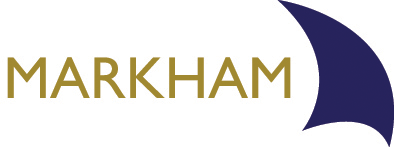As with all the items within a client’s home, keeping collections insured at the right replacement value is vital.
What happens if an important item is lost or stolen? How can brokers assist authorities and more importantly help their client get back what rightfully belongs to them.
This is where the Art Loss Register can assist.
The Art Loss Register (ALR) is the largest private international database for the registration of lost and stolen art, watches, jewellery and collectables. They offer clients, insurers, brokers and loss adjusters the ability to register losses on their database.
The ALR was founded in 1990 and is the largest private database in the world of stolen and missing art, antiques and collectables, currently listing over 500,000 items. It is the main database used by insurers, law enforcement, private individuals and museums to record losses.
The registration of a stolen item considerably increases the chances of its recovery. Every year, the ALR check a total of 500,000 transactions made by the trade, including those of dealers, pawnbrokers, jewellers, fairs and 120 auction houses worldwide.
These search operations allow the ALR to match items on the database with items offered for sale on the market, and secure their return to their rightful owner.
How to register
Any Markham brokers or their clients can sign a registration contract and register losses free of charge via the ALR website www.artloss.com/register/loss
Recovery
In the event that ALR locates a registered item they will inform you immediately and request that the current holder secures the item. They will also contact the relevant police force to inform them of the match in case they wish to investigate or seize the item. If the police are unable to take action then you can handle the recovery yourselves if you wish, or if it is helpful then the ALR can represent you in the recovery process.
The ALR will work with the police to make a conviction where possible, and offer the benefit of its recovery services and assistance in negotiating a settlement if the current holder of an item has acted in good faith.

